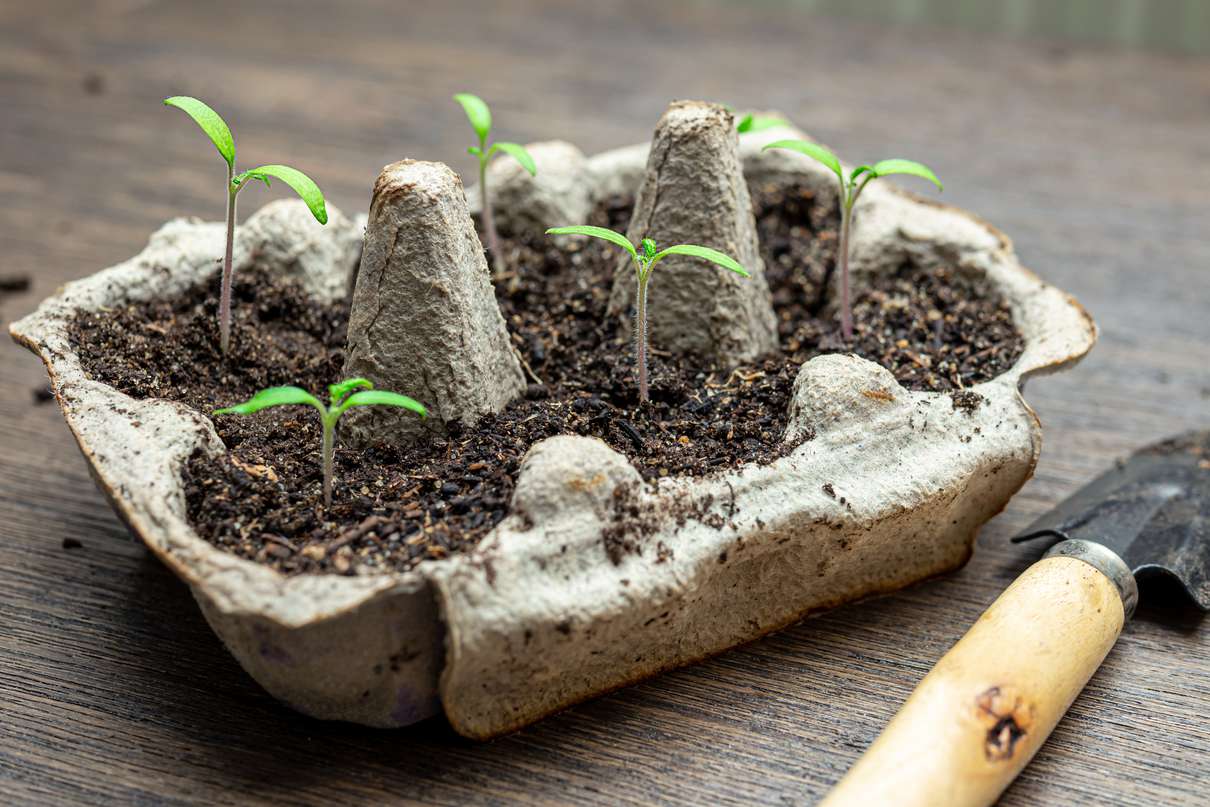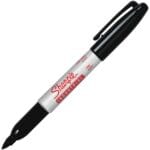Ever tossed an empty egg carton in the recycling bin, unsure if you made the right choice? The answer isn’t always straightforward. Whether your carton is recyclable depends on its material and your local recycling program’s guidelines. This guide will clarify the complexities, covering different carton types, local regulations, and alternative disposal methods, ensuring you make environmentally sound choices.
Decoding the Egg Carton Mystery: Can You Recycle It?
What to do with those empty egg cartons? The answer hinges on several factors: the carton’s material, your local recycling rules, and how you prepare it.
Egg Carton Materials: A Recyclability Breakdown
Egg cartons aren’t created equal; their composition significantly impacts recyclability.
Paperboard and Pulp Cartons: Typically made from recycled paper, these are often recyclable and compostable. They’re the most environmentally friendly option. However, even these may not be accepted in all areas.
Plastic Cartons (Usually #1 Plastic): Some plastic cartons might be recyclable, but this entirely depends on your local recycling facility. Always confirm your local guidelines. These typically are not compostable.
Styrofoam Cartons (Polystyrene): These are rarely recyclable. Their composition makes them difficult to process, leading to landfill disposal being the most common outcome.
Preparing Your Cartons for Recycling Success
Even if your carton is recyclable, proper preparation is crucial.
Rinse Thoroughly: Remove all egg residue. Leftover food can contaminate the entire recycling batch.
Consider Flattening: Some recycling programs prefer flattened cartons. Check your local guidelines.
Check Local Guidelines [https://www.lolaapp.com/Are Egg Cartons Recyclable?]: This is paramount! Recycling rules vary widely by location. Consult your area’s waste management guidelines online or by phone.
Beyond Recycling: Composting and Repurposing
If recycling isn’t an option, consider these alternatives:
Composting [https://www.lolaapp.com/What Do You Do With Empty Egg Cartons?]: Paper-based cartons are often compostable. Avoid putting plastic or Styrofoam in your compost.
Repurposing [https://www.lolaapp.com/What Do You Do With Empty Egg Cartons?]: Get creative! Egg cartons can be reused for various purposes—seed starting, organizing small items, or craft projects.
The Future of Egg Cartons: Sustainability in Packaging
The egg packaging industry is evolving. Researchers and companies are actively exploring more sustainable options, such as biodegradable materials and reusable containers. These innovations promise to significantly reduce waste and offer eco-friendly alternatives.
Egg Carton Recycling: A Quick Reference
| Material Type | Recyclable? | Compostable? | Reuse Options? |
|---|---|---|---|
| Paperboard/Pulp | Often (check local guidelines) | Often | Many (seeds, crafts, etc.) |
| Plastic (#1 Plastics) | Sometimes (check local guidelines) | No | Limited |
| Styrofoam (Polystyrene) | Usually No | No | Limited |
The question, “Are egg cartons recyclable?” doesn’t have a simple yes or no answer. It depends heavily on material, local guidelines, and proper preparation. By understanding these factors, you can make informed decisions and contribute to a greener future. Remember, always verify your local recycling guidelines [https://www.lolaapp.com/Are Egg Cartons Recyclable?].
Why Are Cardboard Egg Cartons Sometimes Not Recyclable? [https://www.lolaapp.com/Are Egg Cartons Recyclable?]
Even cardboard cartons— seemingly ideal for recycling— often end up in the trash. Let’s explore why.
Material Matters: Not All Cardboard is Created Equal
Cardboard egg cartons vary in composition. Several factors can hinder their recyclability despite being made from recycled paper.
The Usual Suspects: Obstacles to Cardboard Recycling
Contamination: Egg residue, even small amounts, is a significant contaminant. It prevents proper processing into new paper products. Thorough rinsing is essential [https://www.lolaapp.com/What Do You Do With Empty Egg Cartons?].
Wax Coatings: Some cartons have a thin wax coating to maintain structural integrity. The wax prevents the fibers from being recycled effectively.
Fiber Length: Short-fiber cardboard is harder to recycle than long-fiber cardboard due to the pulp’s decreased strength in the papermaking process.
Local Recycling Regulations [https://www.lolaapp.com/Are Egg Cartons Recyclable?]: Local recycling facilities may have specific requirements or limitations on what types of cardboard they accept. This often depends on their processing capabilities and available resources.
Beyond Recycling: Alternative Options
If your local program doesn’t accept cardboard egg cartons, composting [https://www.lolaapp.com/What Do You Do With Empty Egg Cartons?] is typically a viable alternative for clean, uncoated cartons. Or get creative with repurposing [https://www.lolaapp.com/What Do You Do With Empty Egg Cartons?]!
Maximizing Your Chances of Successful Recycling
- Thorough Rinsing: Remove all egg residue.
- Careful Inspection: Check for any contaminants such as wax.
- Knowing Your Local Rules: Check your local guidelines [https://www.lolaapp.com/Are Egg Cartons Recyclable?]; this is the most critical step.
The Future of Egg Carton Sustainability: Eco-Friendly Innovations
Research continues into more sustainable egg carton materials, including biodegradable and compostable options. These advancements promise significantly reduced environmental impact.
Key Takeaways:
- Egg carton recyclability is highly dependent on their material and any contamination.
- Contamination significantly affects the recycling process for cardboard cartons.
- The fiber length used in the cardboard influences its recyclability.
- Local regulations significantly impact which egg cartons are recyclable.
- Composting and repurposing offer eco-friendly alternatives to recycling.
Our understanding of egg carton recycling is constantly evolving. While this guide provides a comprehensive overview, ongoing research will further refine our approaches to sustainable egg packaging.
Are Egg Cartons Recyclable in the UK? [https://www.lolaapp.com/Are Egg Cartons Recyclable?]
Recycling egg cartons in the UK presents a unique challenge due to varying local council guidelines.
Egg Carton Types and Recyclability
Different materials yield different outcomes.
Paperboard Cartons: These are usually recyclable but require thorough rinsing [https://www.lolaapp.com/What Do You Do With Empty Egg Cartons?] and checking your local council’s guidelines. Clean cartons are frequently compostable as well.
Plastic Egg Cartons: Recyclability varies considerably. Many councils do not accept them due to the difficulty of processing certain plastic types.
Styrofoam Cartons: Generally not recyclable in the UK.
Regional Differences in UK Recycling Programs
Recycling practices differ significantly across the UK. What’s accepted in one region may be rejected in another. Always consult your local council’s guidelines.
Preparing Cartons for Recycling (If Accepted)
- Thorough Rinsing: Remove all egg residue.
- Flattening (Possibly): Check guidelines—some councils prefer flattened cartons.
- Verify Acceptance: Confirm your local council accepts that specific carton type before recycling.
Alternatives: Creative Reuse and Composting
Composting [https://www.lolaapp.com/What Do You Do With Empty Egg Cartons?] and creative reuse [https://www.lolaapp.com/What Do You Do With Empty Egg Cartons?] are excellent environmentally friendly alternatives if recycling is not feasible in your area.
Key Points:
- Paperboard cartons may be recyclable; always check local guidelines.
- Plastic and styrofoam cartons are unlikely to be accepted.
- Always check your local council’s guidelines for accurate information [https://www.lolaapp.com/Are Egg Cartons Recyclable?].
- Composting and creative reuse are excellent alternatives when recycling is not feasible.
The UK’s egg carton recycling landscape is constantly evolving. Staying informed about your local council’s guidelines is vital for successful and responsible disposal.
What Do You Do With Empty Egg Cartons? [https://www.lolaapp.com/Are Egg Cartons Recyclable?]
Beyond simply disposing of empty egg cartons, several environmentally sound and creative options exist.
Material Matters: Understanding Your Carton’s Composition
The material dictates the best disposal method.
- Paperboard/Pulp Cartons: These are often recyclable and compostable.
- Plastic Cartons: May be recyclable (check local guidelines) but not compostable.
- Styrofoam Cartons: Generally neither recyclable nor compostable.
Recycling Your Egg Cartons: A Step-by-Step Guide
- Check Local Recycling Guidelines [https://www.lolaapp.com/Are Egg Cartons Recyclable?]: Recycling rules are location-specific.
- Thoroughly Rinse and Clean: Remove all egg residue.
- Flatten (If Necessary): Check your local guidelines.
- Dispose: Place the properly prepared carton in your curbside recycling bin.
Composting: A Natural Approach
Paper-based cartons compost readily. Break them into smaller pieces to aid decomposition.
Repurposing and Upcycling: Unleashing Creativity
Egg cartons’ versatility makes them ideal for numerous projects.
- Gardening: Seed starters, mini-planters, seedling protectors.
- Crafting: Storage organizers, decorative items, various craft projects (see online tutorials).
- Organization: Small-item storage.
Dispelling Common Myths
- Myth #1: All egg cartons are recyclable. False; material composition dictates recyclability.
- Myth #2: Recycling rules are uniform everywhere. False; local guidelines are crucial.
Key Takeaways:
- Always prioritize your local recycling guidelines [https://www.lolaapp.com/Are Egg Cartons Recyclable?].
- Carton material is crucial in determining its disposal method.
- Repurposing and composting are excellent eco-conscious alternatives.
The world of sustainable egg carton disposal is continuously evolving. Staying informed about your local regulations and embracing creative reuse ensures responsible waste management.
- How Many Days in 100 Years: Precise Calculation & Gregorian Calendar Implications - March 15, 2025
- Explore White and Sea: A Comprehensive Overview - March 15, 2025
- Red Glass History: 4000 Years of Allure - March 15, 2025
















